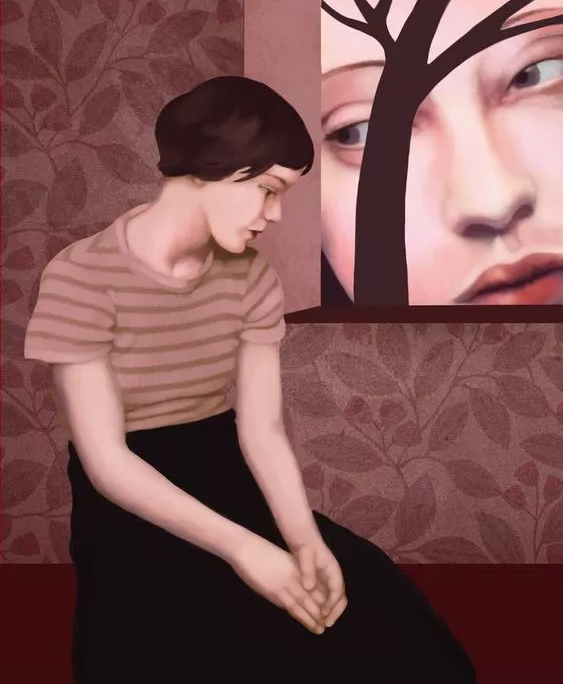题图 / Nancy Liang
你可能会问
灵魂是固体的,像一块铁?
还是柔软可折,像
猫头鹰嘴上的飞蛾翅膀?
何物有灵,何物没有?
我一直在观察我的周围。
麋鹿的脸
像耶稣的脸一样忧郁。
天鹅缓缓地张开白色的翅膀。
秋天,黑熊带着树叶进入黑暗。
一个问题带出了另一个问题。
灵魂有形状吗? 像一颗圆生菜?
像一只蜂鸟的眼睛?
像蛇和扇贝一样,有一个肺?
为什么是我,而不是宠爱
自己孩子的食蚁兽拥有灵魂?
为什么我有,骆驼却没有?
想一想吧,枫树又如何呢?
那么蓝色的鸢尾花呢?
那些孤独地坐在月光下,各种各样的小石头呢?
那些玫瑰,柠檬,以及它们闪亮的叶子呢?
那么草呢?
作者 / [美国]玛丽·奥利弗
翻译 / Phil
Some Questions You Might Ask
Is the soul solid, like iron?
Or is it tender and breakable, like
the wings of a in the beak of an owl?
Who has it, and who doesn't?
I keep looking around me.
The face of the moose is as sad
as the face of Jesus.
The swan opens her white wings slowly.
In the fall, the black bear carries leaves into the darkness.
One question leads to another.
Does it have a shape? Like an iceberg?
Like the eye of a hummingbird?
Does it have one lung, like the snake and the scallop?
Why should I have it, and not the anteater
who loves her children?
Why should I have it, and not the camel?
Come to think of it, what about maple trees?
What about the blue iris?
What about all the little stones, sitting alone in the moonlight?
What about roses, and lemons, and their shining leaves?
What about the grass?
Mary Oliver
你可能会问,为什么奥利弗的诗总是离不开猫头鹰、麋鹿、黑熊这些动物?奥利弗是否一生都在与大自然的亲近中生活?
一个问题带出了另一个问题,诗人如何看待人与自然的关系?
我们先看诗人的灵魂之问:
“何物有灵,何物没有?”
“为什么是我,而不是宠爱自己孩子的食蚁兽拥有灵魂?”
问题是开放性的,但答案正在其中。
如果人有灵魂,万物为什么就没有?否则你怎么解释麋鹿的脸有着耶稣的脸一样的忧郁?月光下的小石头为何看上去如此孤独?
灵魂之问,重要的不是答案,而是提问。奥利弗的提问暗含着一种见解:万物平等,人在大自然中,并非特殊的主体,也并不“高人一等”。
在奥利弗那里,对诗的热爱与对自然的热爱同样重要。自然有其法则,诗歌也要遵循自然的法则,她认为“诗歌就是一种珍惜生命的力量”。
在她那本关于诗歌写作的书《诗歌手册》中,她要写诗的人记住一句话:“诗是坦承的信仰”:“如果一个人真正在意树,诗歌就存在于绿色的世界中——存在于人、动物和树之中…...诗歌需要一种信仰……因为诗歌终究不是词语,而是用来取暖的火!”
荐诗 / 流马
2020/10/04
第2766夜

近期评论